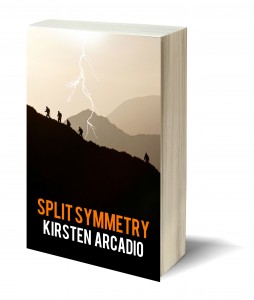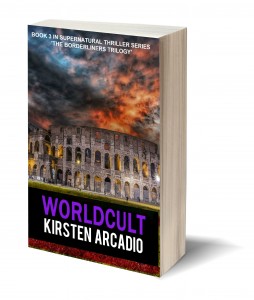I’ve pinched the title for this entry from an exceptional book of the same title by Lisa Cron. The full title for her book is ‘Wired for Story: The Writer’s Guide to Using Brain Science to Hook Readers from the Very First Sentence.’
It’s a compelling idea which I’ve signed up to. During the last six months I’ve had something of an epiphany on this in my own writing journey. Having started out writing stories based on specific themes, my thinking has changed completely. Now I consider theme to be peripheral – the icing on the cake, if you like.
What I’ve come to accept is that characterisation in everything, particularly that of the protagonist. And the protagonist’s internal journey is key. Not what happens outside him or her (no matter how exciting), not what happens to others in the story – although those elements may move the plot on – but what happens on the personal journey of the main character. Problem – conflict – resolution.
Lisa Cron’s theory is an age old one which she expounds in modern terms. She says ‘we’re wired to turn to story to teach us the way of the world.’ Later, when she explains what story actually is – as it is often wrongly confused with plot – she says ‘A story is how what happens affects someone who is trying to achieve what turns out to be a difficult goal…’
One of the things that has turned my own writing around is an understanding of this. These are the basics of novel writing. I’ve heard it said that you cannot have beautifully crafted prose without a great story line, but you can have a great story without beautiful prose. If you are in any doubt of this, look no further than the Harry Potter series. Wonderful stories.




